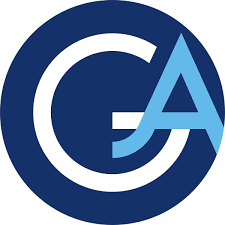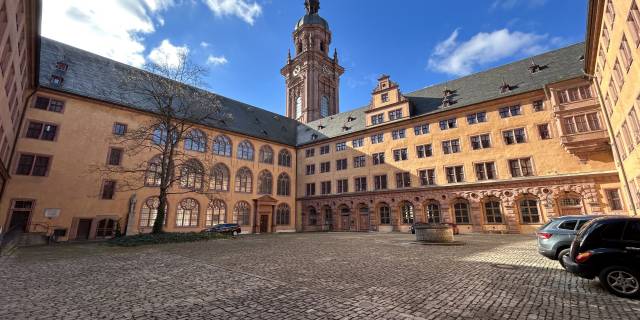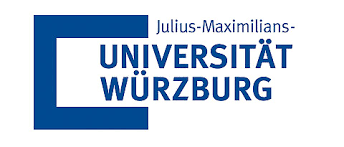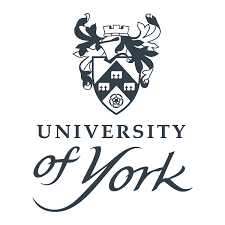
Physics
TU Dortmund University, Germany
Overview
The basis of the Bachelor’s degree program is the four-semester "integrated course" (Physics I-IV), which is designed and conducted jointly by an experimental and a theoretical lecturer. Exercises are carried out twice a week in small groups to discuss and delve deeper into the lecture material. This includes mechanics, thermodynamics, and relativity (I); electrodynamics (II); waves and fields, optics, and analytical mechanics (III); and finally atomic physics and quantum mechanics (IV). In addition, a beginner physics internship takes place in the third and fourth semesters. Other components of the Bachelor’s degree program are the minor subjects of mathematics (with lectures and exercises) and either chemistry (with a lecture and an internship) or computer science (with a lecture course including exercises and an associated internship). Also, there are mandatory courses from the field of physics, the general specialization outside of physics, and the area of specialization within physics. The program concludes with the writing of the Bachelor's thesis. The traditional career fields for physicists are research, development, and teaching in both the public sector (universities, research institutes, and government agencies for example) and the private sector (electronics industry, chemical industry, medical technology, mechanical and vehicle engineering, etc.). In addition, however, the breadth of training provided by the study of Physics increasingly opens up access to employment in nontraditional areas such as information technology and telecommunications, business consulting, and banking and finance, so that career prospects are good for Physics graduates, with or without a doctoral degree, even in economically difficult times. The crucial factors that enable physicists to be successful in their work, whether in traditional or new career fields, are the broad basic training and the ability, also cultivated in the course of study, to analyze and solve complex technical-scientific problems.
Similar Programmes
Bachelor's Degree
36 months
Physics BSc
University of Göttingen, Göttingen, Germany
Earliest Intake
March 2026
Gross Tuition
7800 €
Master's & Postgraduate
24 months
Physics (M.Sc./Joint Degree)
University of Göttingen, Göttingen, Germany
Earliest Intake
March 2026
Gross Tuition
873 €
Master's & Postgraduate
24 months
Physics
University of Würzburg, Würzburg, Germany
Earliest Intake
January 2026
Gross Tuition
337 €
Master's & Postgraduate
12 months
Physics PGCE
University of York, York, United Kingdom
Earliest Intake
February 2026
Gross Tuition
26900 £
Bachelor's Degree
48 months
Physics Bachelor
Acadia University, Wolfville, Canada
Earliest Intake
September 2025
Gross Tuition
16636 C$
Uni4Edu AI Assistant









